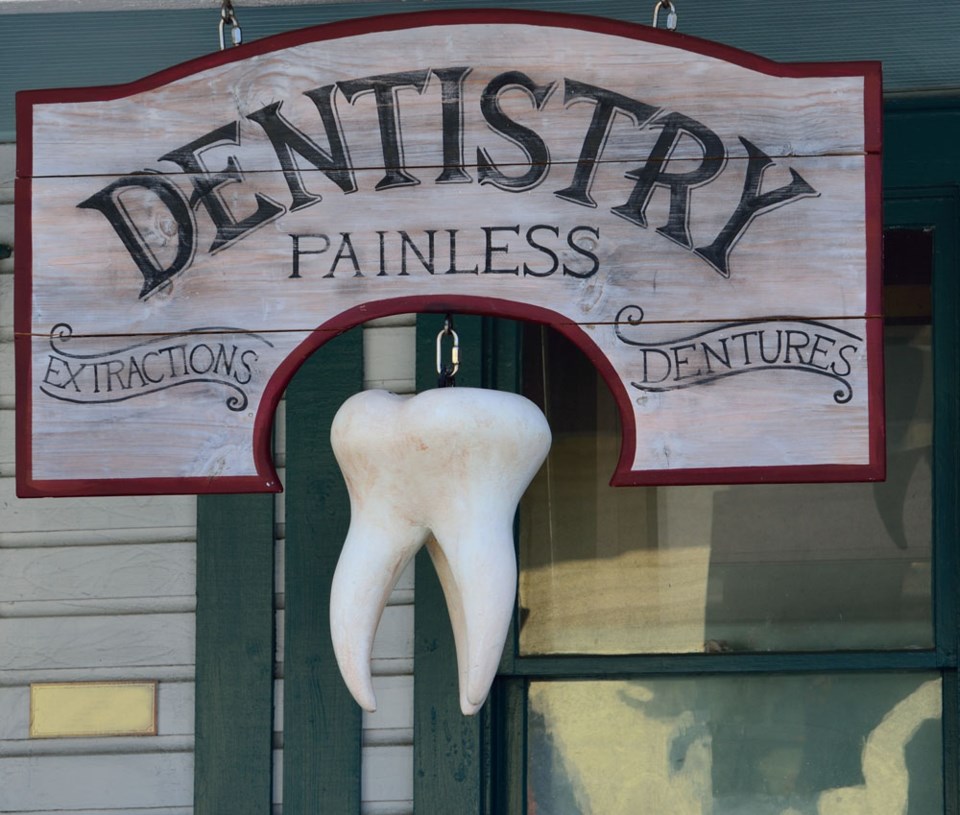It is time for Squamish residents to have a scientifically-informed discussion about fluoridation in our drinking water.
Currently, our water doesn’t have enhanced fluoridation, even though the U.S. Centers for Disease Control and Prevention named water fluoridation as one of the 10 great public health achievements of the 20th century.
Fluoridation has been a thing in Canada for about 70 years and is simply a mineral that helps prevent tooth decay. Water has it naturally, but it needs to be at optimal levels to have the desired impact on teeth.
In Canada, an estimated 2.26 million school days are missed each year due to dental-related illness and tooth decay accounts for one-third of all day surgeries performed on kids between the ages of one and 5.5, according to a 2017 Canadian Dental Association report.
Fluoridation is a cost-effective way to ensure even those who can’t get regular dental care, have some protection against decay.
Here’s a brief history lesson for those new to town or not yet born when this occurred.
Squamish held a fluoridation referendum in 1993 and the majority of voters, were not in favour of the District fluoridating its water supply.
The then council authorized its public works department to discontinue fluoridating the municipal water supply on Jan. 1, 1994.
A referendum in 2000, which only drew 25 per cent of the eligible voters was also against o adding fluoridation to the water supply. (1,255 were opposed and 805 votes were for adding fluoride).
“The fluoride campaign pitted all of Squamish’s doctors and dentists against a crew of community activists,” reads an article in The Squamish Chief at the time.
Fear of flouride causing cancer has long been a concern. In 1990, a study found high concentrations of fluoride increased the risk of bone cancer in rats.
Dozens — more than 50 — studies on humans has found no link between fluoride and cancer.
The National Cancer Institute debunks the fear on its website, even.
But fear is more powerful than facts at times.
But it is 2019. We are older, there are more of us and we’re more engaged — one would hope — than we were when previous referendums were held.
There’s a plethora of studies and reports written about this issue from around the world.
Google some. See for yourself.
According to HealthLinkBC, water fluoridation requires a community vote of more than 50 per cent to be installed or removed.
If there is interest from Squamish residents, the issue could be raised and council could decide if Squamish needs another referendum.
Squamish is lucky to have such high-quality drinking water from our aquifer.
It is measured against Guidelines for Canadian Drinking Water Quality and chlorinated for disinfection purposes, according to the District of Squamish.
But if we can protect everyone in a cost-effective way, why aren’t we doing so?
That’s a question to sink our teeth into.



